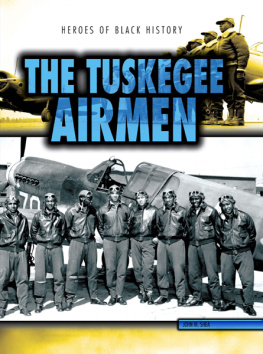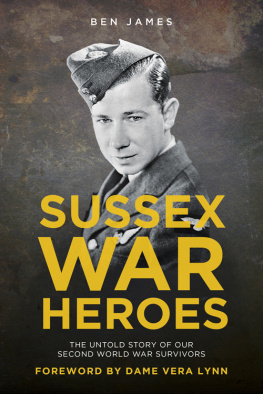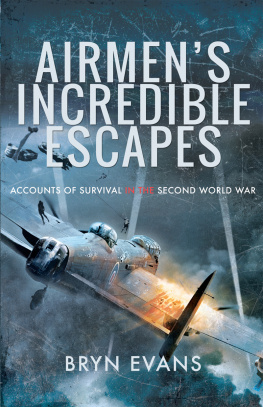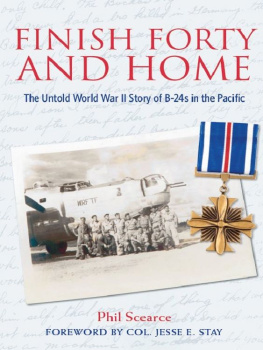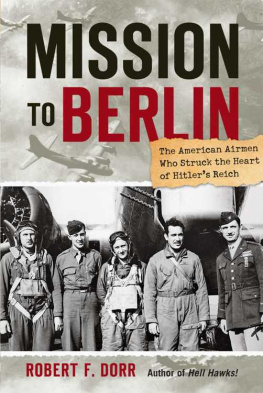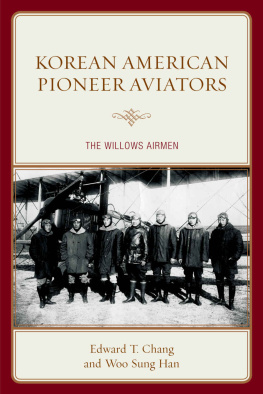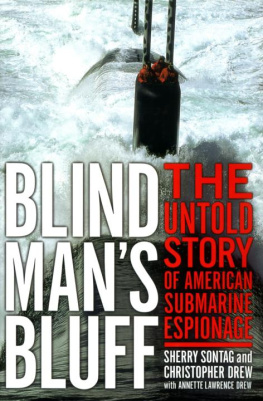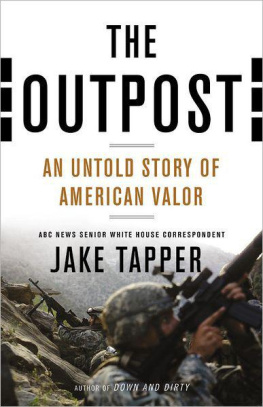Acknowledgments
The author wishes to acknowledge the assistance of over fifty Air Corps veterans who contributed in so many ways to this book. Many are quoted, but some did important background work suggesting contacts and chapter ideas. Veterans contributing to this project include: Herb Alf, Leo Bach, Deward Bare, DeWayne Bennett, Bob Bland, Ken Blyth, Bruce Bockstanz, Cyril Braund, Paul Canin, Bob Capen, Gene Carson, John Carson, Charles Cassidy, John Chaffin, Ed Charles, Frank Coleman, Harry Connely, Bob Cozens, Dan Culler, Bob Fickley, Herman Fieber, Bob Fischer, Jim Geary, Harry Gobrecht, Werner Goering, Ed Herman, Leonard Herman, Ed Herzig, Bob Hilliard, Shirl Hoffman, Jerome Jacobson, Charles Johnson, William Kaplan, Mozart Kaufman, Lee Kessler, Jack Kidd, Norris King, Aaron Kupstow, Owen Larson, Don Lewis, Bob Long, Will Lundy, Sam Mastrogiacomo, Gus Mencow, Robert Morgan, Grif Mumford, Frank Murphy, Earl Don Peterson, Jack Rencher, Maurice Rockett, Robert Rosenthal, Fred Schoch, Joe Sellers, Lyle Shafer, Marshall Shore, and Joe Turpen.
In addition, the author wishes to thank the following family members of Air Corps airmen for their help in telling the stories: Sylvia Alf, Kitty Braund, Buck Burton, Mike Darter, Robert Fickley, David Fieber, Jim Fischer, Edward Herman, Linda Morgan, Damon Rarey, Diane Schoch Russell, and Patti and Jim Turpen.
Survivors of the Displaced Persons Camp at St. Ottilien also contributed. These include Moshe Ipp and Yetta Marchuck.
Several historians also shared their expertise on various areas of the air war. Mr. Ian Hawkins made numerous suggestions, read chapters, and was kind enough to write the books introduction. Vet Ed Charles, the official historian of the 95th Bomb Group, helped considerably. Mike Darter shared his information on the search for MIAs. Colin Heaton offered suggestions and encouragement. Harry Gobrecht helped immeasurably on the chapters dealing with the 303rd Bomb Group. Helga Radau of Germany offered her knowledge of the POW camps. Marshall Shore shared his writings about the 390th Bomb Group. Raymond Toliver shared information about POW interrogation. I am honored that William S. Phillips, a world-renowned aviation artist, agreed to let me use his painting When Prayers Are Answered, showing Gus Mencow and the rest of the crew of Betty Boop/Pistol Packin Mama returning from a mission, as the cover art for this book. Many thanks to my parents for their encouragement throughout the project. Finally, I thank my wife Geri and three children, Nicole, Matt and Brianna, for allowing me the time to travel and write, because it meant time away from them.
About the Author

ROB MORRIS is a teacher in Idaho Falls, Idaho. A former pilot, he has had a lifelong fascination with aircraft, especially World War II aircraft. Morris was born in Rapid City, South Dakota, and received a degree in history from the University of Montana, Missoula, in 1982. He taught for four years in Medicine Bow, Wyoming, before moving to Idaho in 1989. An award-winning cartoonist, Morris has also written and illustrated five books dealing with ancient history.
His goal in writing Untold Valor was to research the back of the historical closet to find stories about the air war that had not been told but which deserved telling. Morris spent five years researching the book. He conducted hundreds of interviews with veterans, traveling coast to coast to do so.
Morris lives near Idaho Falls, Idaho, with his wife, Geri, and their two younger children, Matt and Brianna. He also has a married daughter, Nicole. He is currently at work on a biography of Leonard Herman, an Eighth and Ninth Air Force bombardier.
Chapter 1
A Place Called St. Ottilien
It began with a young Air Corps private attending a concert on a news assignment. It ended with a changed U.S. policy toward displaced persons in postwar Germany. In the words of the young man who would fight for these changes, it was a concert unlike any other. It was a liberation concert at which most of the liberated people were too weak to stand. A liberation concert at which most of the people still could not believe they were free. The American, Private Bob Hilliard, sat before a makeshift stage on a cool spring evening in May 1945. As editor of the Army Air Corps 2nd Wing Eagle, he had shown up hoping simply to get a good story for the newspaper.
The concert was put on by and performed for concentration camp survivors at the Hospital of St. Ottilien, Bavaria, Germany, only thirty miles from Dachau and Munich. St. Ottilien had been a Benedictine monastery before the war. During the war, the Nazis had used the monastery as a military hospital. When the U.S. Army liberated the Dachau death camp in May 1945, an American Chaplain and Reform Rabbi by the name of Abraham Klausner, assigned to the 116th Evacuation Hospital Unit, took charge of the plight of some of Dachaus survivors. Embarrassed because he had nothing to offer these people except the little mezuzot ordinarily distributed by chaplains to Jewish soldiers, Klausner was also deeply disturbed to see that the Jews in Dachau were still dressed in their concentration camp uniforms and still forced to live behind barbed wire.
Captain Otto B. Raymond, one of the first American officers in the area, commandeered several buildings of the Benedictine monastery in the village of St. Ottilien that was being used as a German hospital. Dr. Zalman Grinberg, a survivor of the Kovno ghetto and Dachau, had led 420 survivors to the area and set up a hospital at the St. Ottilien monastery. St. Ottilien became a DP (displaced persons) hospital for both Jewish and non-Jewish survivors of the Holocaust.
The concert Hilliard attended was at once a celebration of the living and a lament for the dead. The performersand most of the audiencewere no more than stick figures, emaciated, pale, skeletal, expressionless, dressed in the striped uniforms of the concentration camps.
In stark contrast to the haunting shadows of the liberated Jews, just outside the survivors quarters allotted to the Jews, Bob saw dozens of men in German military uniforms walking about on the German side of the hospital grounds, leaning on the arms of white-clad nurses.
It seemed to Bob, looking from the victims to victimizers, that the winners had become the losers and the losers winners. It was a scene he would see repeated over and over during his service in postwar Germany.
The musicians played Bizet and Grieg, and composers whose music had been forbidden for years. After the music ended, the crowd remained silent and still. Bob tried to hide his tears. A man in the front row climbed to the stage. It was Dr. Zalman Grinberg, the man Captain Raymond had placed in charge of the Displaced Persons Camp at St. Ottilien. He was thin, erect, of medium height, perhaps in his late thirties or early forties.
We act as delegates of millions of victims, Dr. Grinberg told the audience, to tell all mankind how cruel people may become, what brutal hellishness is concealed within a human being, and what a triumphant record of crime and murder has been achieved by the nation of Hegel and Kant, Schiller and Goethe, Beethoven and Shopenhauer. Grinberg traced his life from the time its
Hilliard, deeply moved, knew what he had to do. He felt in his heart he had an obligation to help the survivors at St. Ottilien any way he could. Little did he know, sitting in front of the makeshift stage at St. Ottilien, that before he was done, he and a few close friends would forever change the lives not just of the survivors at St. Ottilien, but those of thousands of displaced persons throughout Germany.


